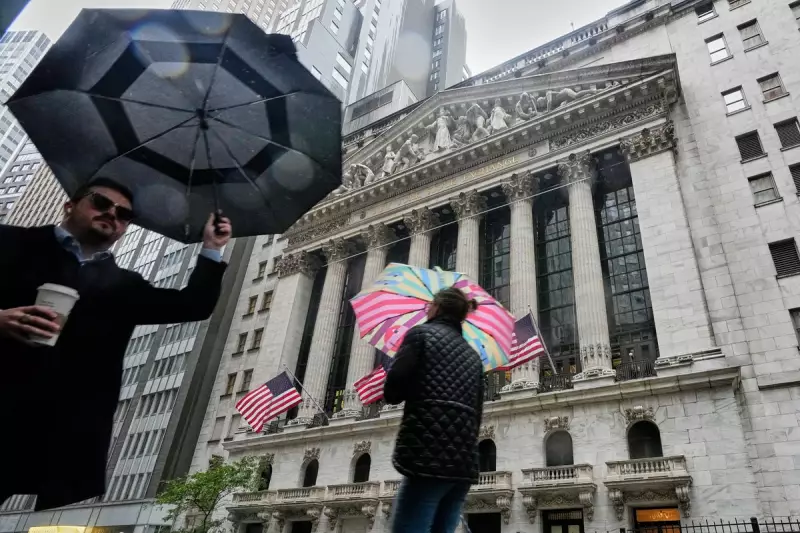
Global financial markets are bracing for potential turbulence as Donald Trump's political resurgence threatens to reshape international trade dynamics and investor confidence.
Market Tremors Begin
Early trading patterns indicate growing investor anxiety about the implications of a potential Trump return to the White House. Asian markets have shown particular sensitivity to the political developments, with analysts noting increased volatility across multiple sectors.
Amazon shares have emerged as a key indicator of market sentiment, reflecting concerns about how Trump's trade policies might impact major US technology corporations with significant international exposure.
Historical Precedent
During his previous administration, Trump's unpredictable approach to trade relations with China created significant market uncertainty. His tariff wars and aggressive rhetoric toward Beijing frequently triggered sell-offs in technology stocks and manufacturing-dependent economies.
"We're seeing déjà vu in market reactions," noted one London-based analyst. "Investors remember the volatility of the Trump years and are positioning defensively."
Sector-Specific Concerns
- Technology: Companies like Amazon face potential renewed scrutiny and regulatory challenges
- International Trade: Supply chains could face renewed disruption
- Asian Markets: Export-dependent economies remain vulnerable to US trade policy shifts
- Currency Markets: Dollar strength could impact emerging market stability
Broader Economic Implications
The market movements reflect deeper concerns about how Trump's foreign policy approach might affect global economic stability. His previous tenure was marked by trade disputes that rattled international markets and complicated diplomatic relations.
Financial institutions are reportedly running scenario analyses to prepare for various political outcomes, with particular focus on US-China relations and their impact on global growth projections.
As the political landscape evolves, market watchers suggest the current volatility may be just the beginning of a longer-term adjustment to changing geopolitical realities.





